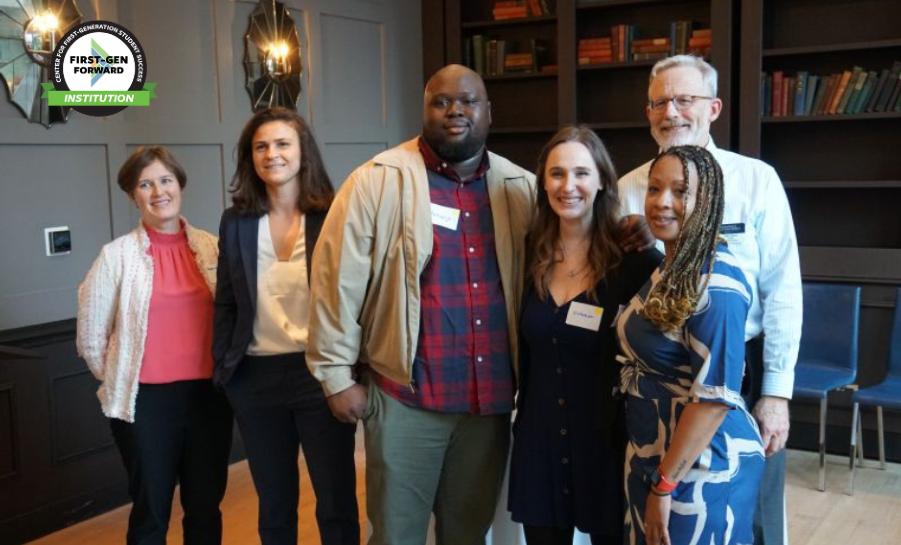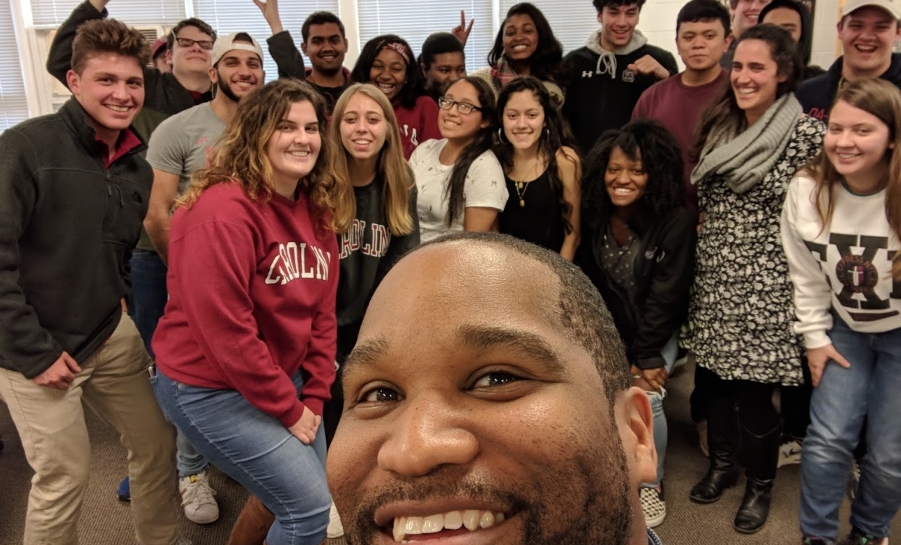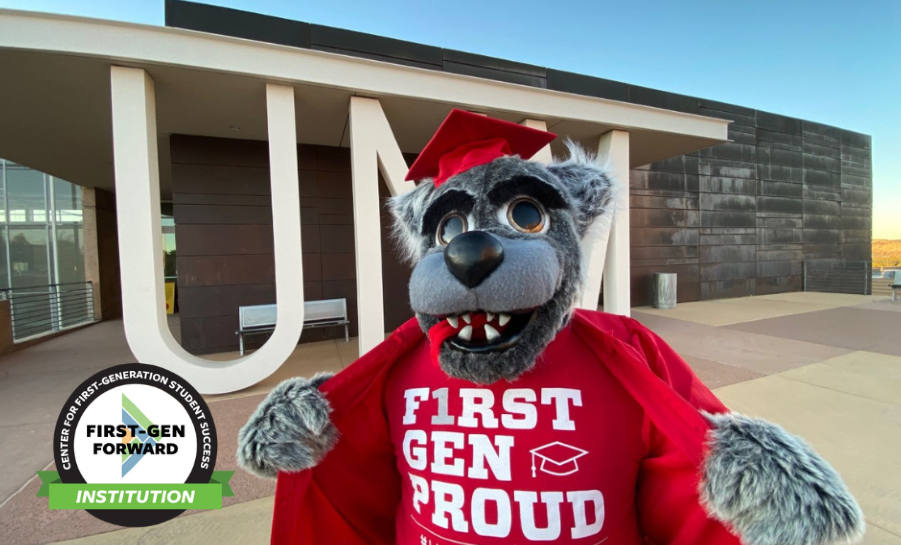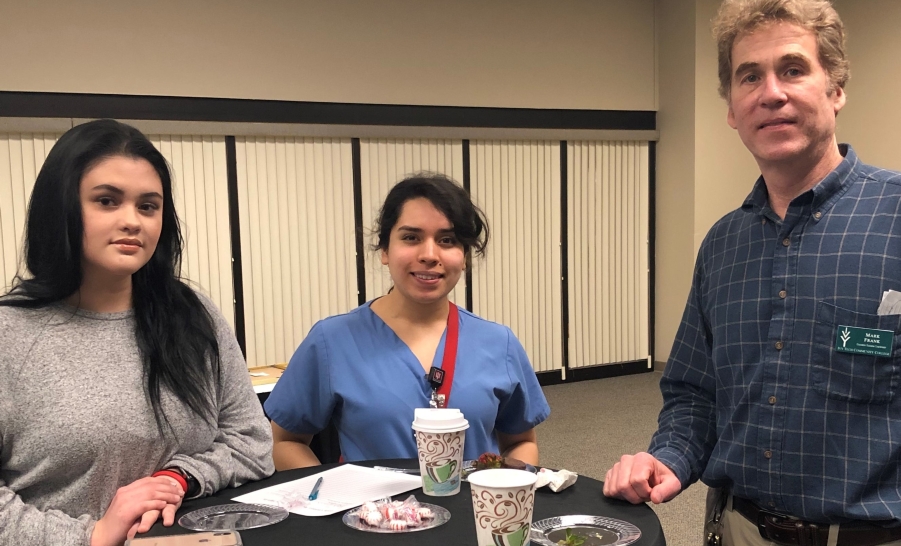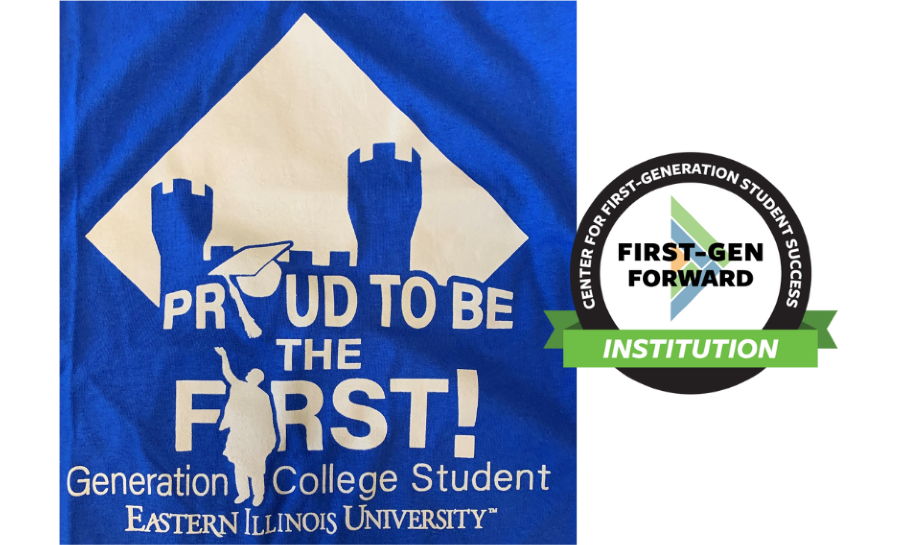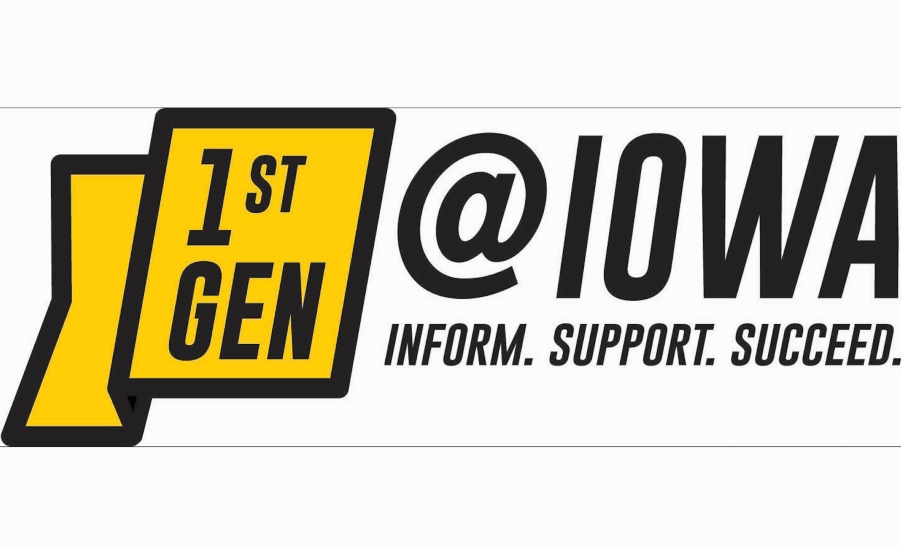Perspective is Protective: From First-Gen Student to Advocate and Researcher
Lacey Quadrelli, Oklahoma State University / FirstGen Forward / July 17, 2024
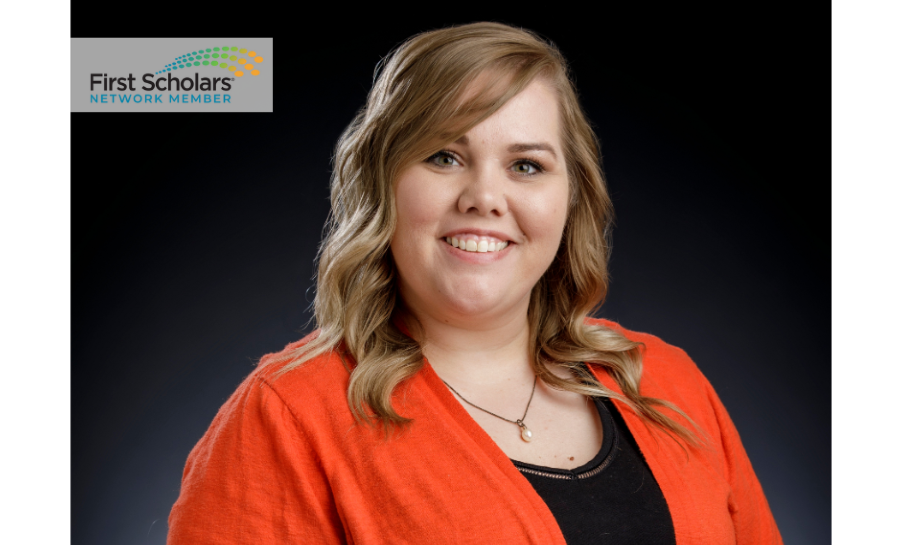
I didn’t know I was first-generation. When I started college, I couldn’t tell you what that even meant. I was thrilled to be the first person in my family pursuing a college degree, as was my family. My parents were bursting with pride when I graduated high school and set off to start my academic career, hoping that it would one day end in a veterinary medicine degree (spoiler alert: it didn’t). But I had no idea what was waiting for me when I got there.
I can look back now and recognize every misstep, every bit of red tape that kept me from understanding, everything that I didn’t know I didn’t know. The struggles I faced were unexpected and broad. Having graduated high school first in my class, I didn’t expect to struggle academically – but I did. Having grown up working on my parents’ small farm and a part-time job plus multiple extracurriculars, I didn’t expect to struggle managing my time – but I did. Having handled all the college application processes myself, I didn’t expect there to be too much I hadn’t already learned – but there was. I have a reputation for being stubborn, and I am so thankful for that, because it’s that strength that drove me to persist despite the challenges I faced. I couldn’t have known what was waiting for me, but the skills I possessed from navigating life with my family’s financial and academic background helped me to push through.
It is because of these experiences that I have devoted my work and my research to ensuring that first-generation students feel seen and heard, to knowing that there are advocates in their corner as early in their academic career as possible. Had I known what being first-generation meant when I entered my freshman year, I might have known that I could have sought resources and support from the institution to help me be successful. My work aims to remove the complete burden of support from the student’s shoulders and establish supports at the institutional level that can support first-generation student persistence. As a first-generation doctoral student, I have made every attempt to participate in research that serves the first-generation student population. I will soon defend my dissertation that aims to name the factors that contribute to the increased challenge first-generation students may face compared to their continuing-generation peers. I am looking forward to the expansion of this research and other projects I have been working on over the last several years.
I couldn’t have known what was waiting for me, but the skills I possessed from navigating life with my family’s financial and academic background helped me to push through.
It is my own experience that led me to want to better understand my experiences and the experiences of those whose lives have echoed my own. I aim to leave a legacy of compassion, love, understanding, and equity to ensure students at all intersections of identity can readily name their strengths and bring them to the institution. When this opportunity is available, the empowered student experience strengthens the institution in return, leading to a renewed and vibrant campus community that celebrates all student success, both in the classroom and out. Oklahoma State University is working to create exciting and engaging support and events for first-generation students, and I am thrilled to be part of the work we are doing every day.
